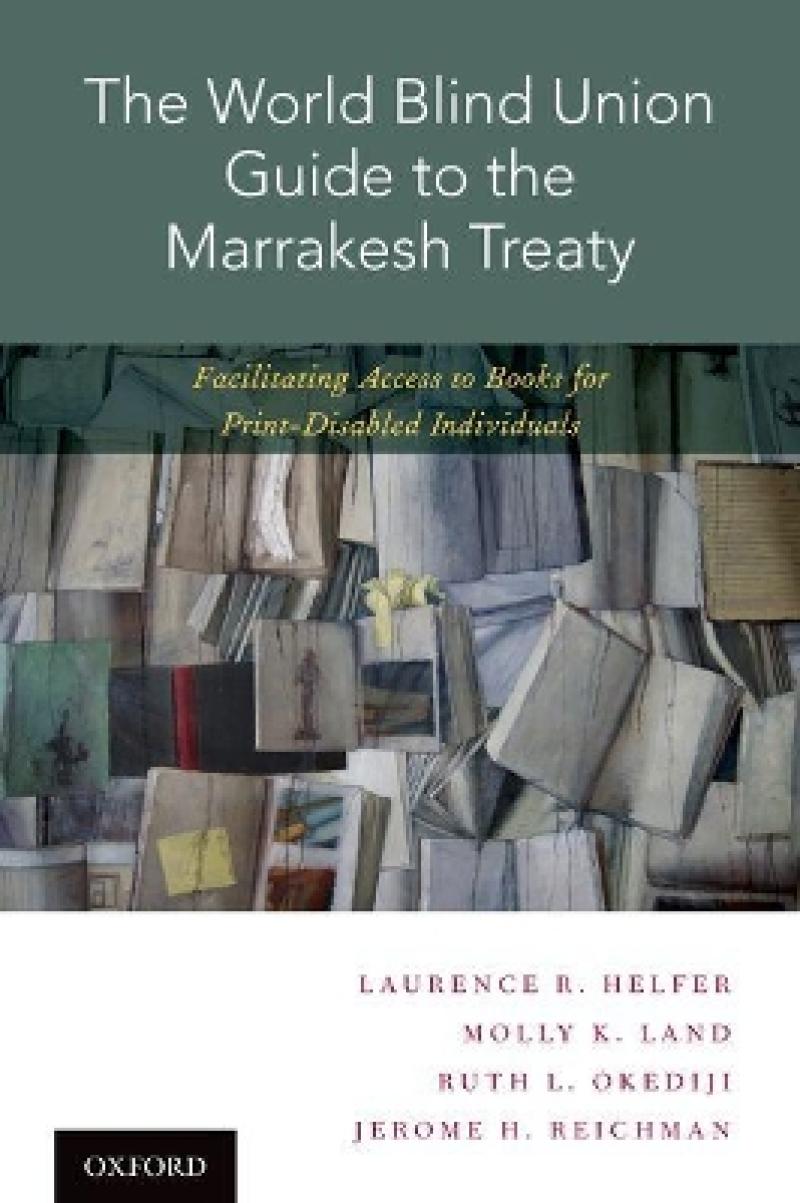The authors are uniquely positioned to provide authoritative answers to the complex questions raised by the Marrakesh Treaty - the first to address user interests. Collectively, they have deep experience in negotiating and interpreting international IP instruments, and they include the first scholars to address the intersection of human rights and IP rights.
Rochelle Dreyfuss, Pauline Newman Professor, and Co-Director of the Engelberg Center on Innovation Law and Policy, New York University School of Law
This Guide to the Marrakesh Treaty, written by world-renowned copyright scholars, is essential for anyone who aims to transpose, interpret, and apply the norms in the Treaty in an effective manner, finally giving visually impaired people real access to knowledge and culture.
Lucie Guibault, Institute for Information Law, University of Amsterdam
This book provides a timely, clear, and insightful guide to a complex and novel legal subject with immense practical significance. A must-read for anybody interested in making accessible versions of printed material available to disabled people.
Anna Lawson, Professor of Law and Director of the Centre for Disability Studies, University of Leeds
The Marrakesh Treaty is a milestone in the development of international standards to ensure access to knowledge for all, and this Guide is a milestone in the correct interpretation and implementation of the Treaty. With their in-depth knowledge of IP and human rights law, and their impressive experience in international law and policy making, the authors offer a brilliant and critical analysis of the Treaty provisions, and a practical guidebook that provides compelling answers to unresolved questions. This book is a must read, not only with regard to the Marrakesh Treaty, but also to copyright limitations and human rights in general.
Martin Senftleben, Professor of Intellectual Property and Director, Kooijmans Institute for Law and Governance, Vrije Universiteit Amsterdam
The World Blind Union Guide to the Marrakesh Treaty is an invaluable resource for understanding and implementing the terms of the treaty. It offers concrete guidance and practical solutions for transforming the terms of a human rights instrument into a real world enabler of the human rights of persons with print disabilities.
Professor Michael Ashley Stein, Executive Director, Harvard Law School Project on Disability
